Pagespeed SEO
Website Speed Optimisation
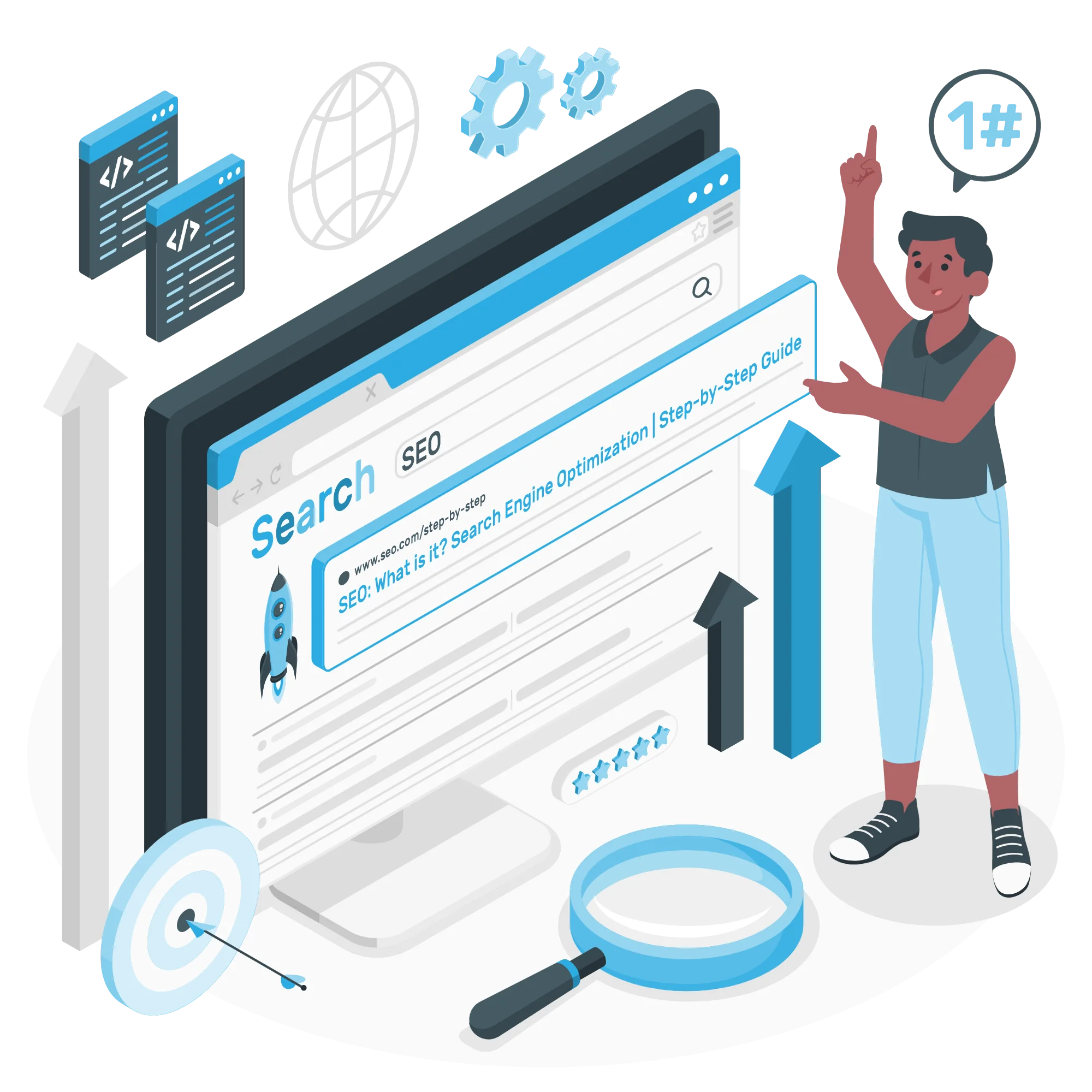
How Much Does Page Speed Affect SEO?
One thing that you may have noticed being brought up often when referring to SEO is page speed. Have you heard this term before?
Many people contest that it has no bearing on SEO, but the truth is that it does indeed.
Page speed is evidently, the measurement of how fast the content on your website’s page, loads up.
This is often confused with “site speed”, which is in fact the page speed for a sample of page views on the website. Instead, page speed can be described as “page load time”, or “time to first byte”.
You can evaluate your website’s current speed with Google’s Page Speed Insights. This is a great tool for identifying where your website is currently at and what changes can be made in order to get a higher score.

The Human Connection
SEO Best Practices
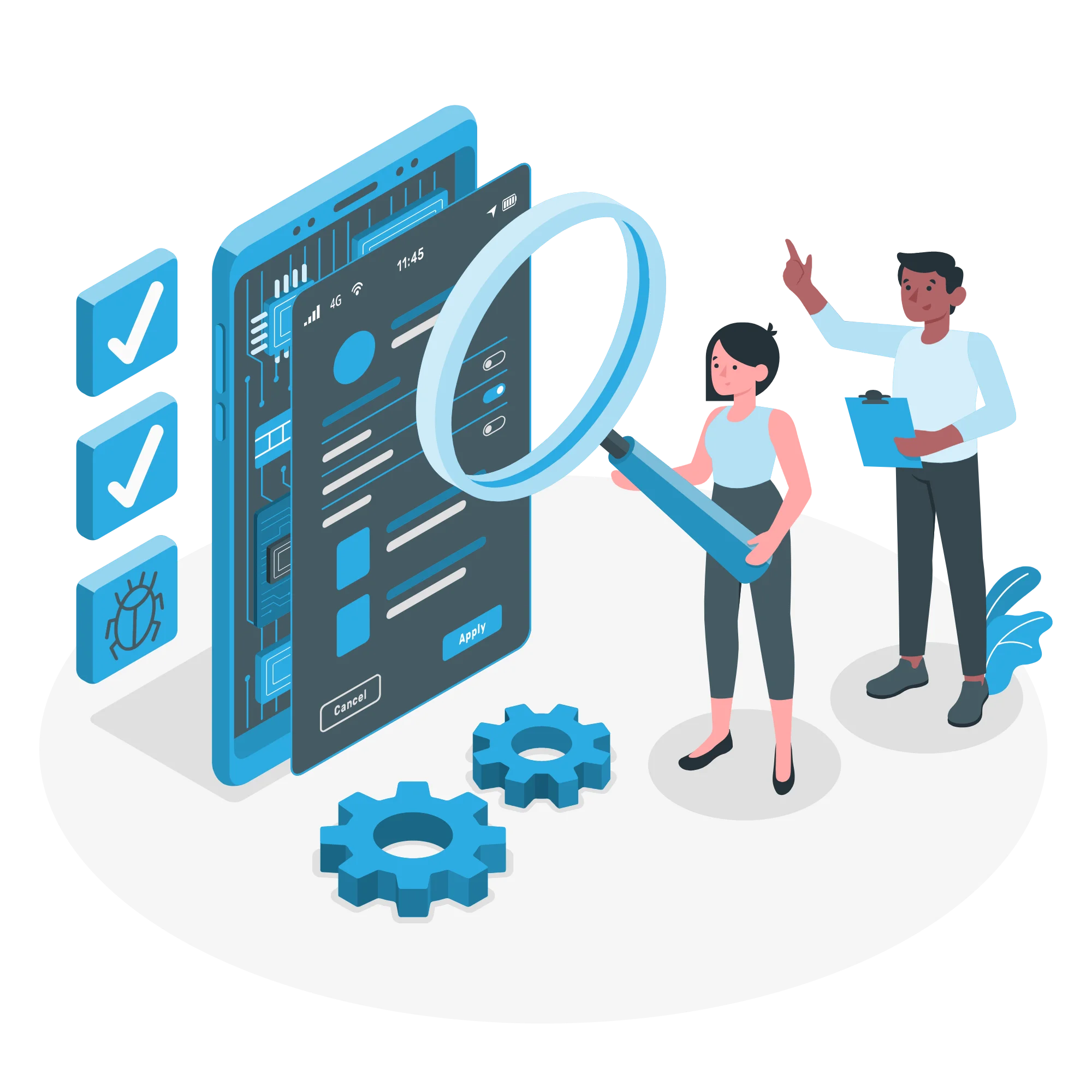
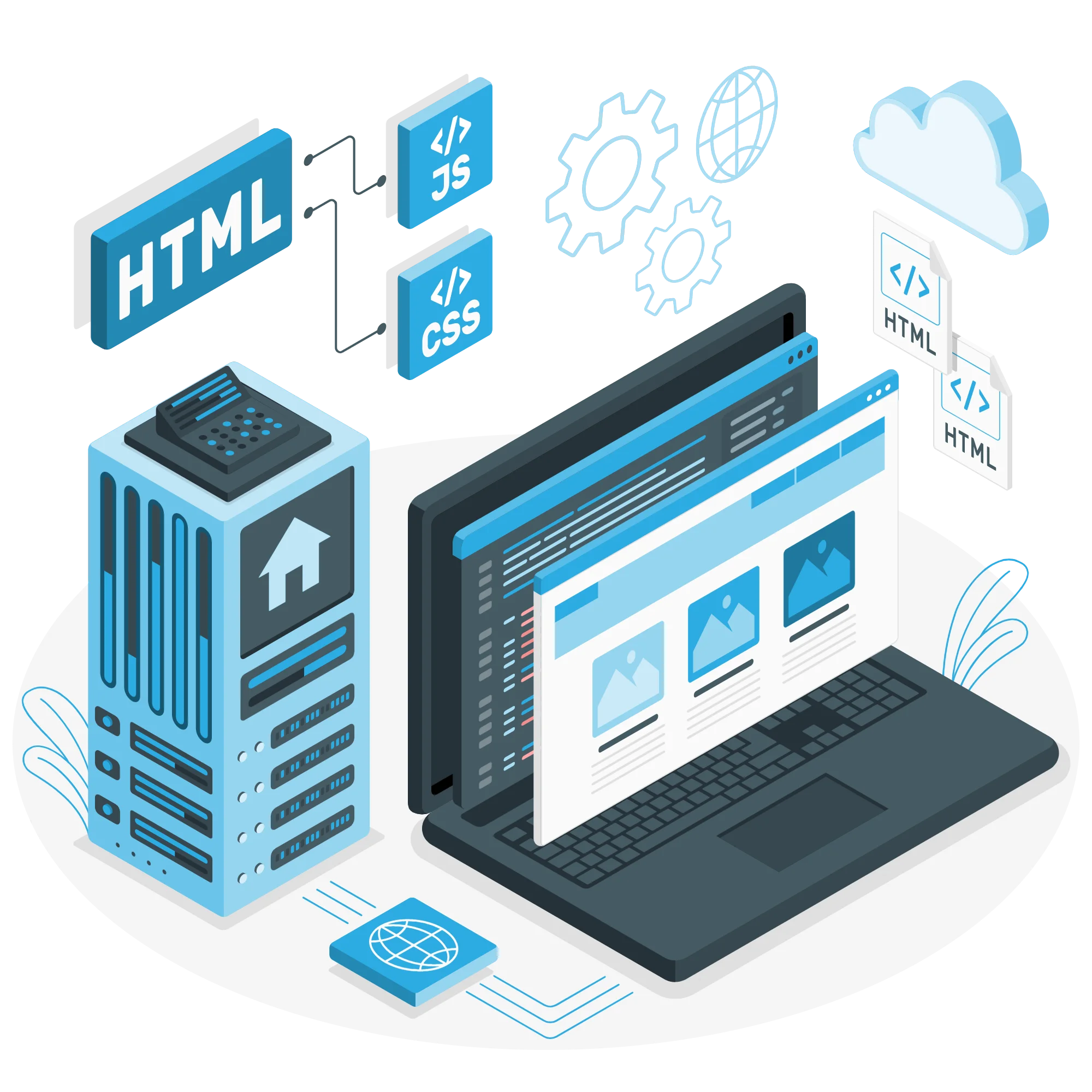
Enable Compression
File compression is important for keeping your CSS, HTML, and JavaScript files at a reasonable size. You should however, refrain from compressing images in software like Gzip. Instead, opt for programs like photoshop where you can compress images whilst maintaining quality.
Reduce Redirects
Every time a page is redirected to another page, there will be additional loading time for the HTTP request/response cycle.

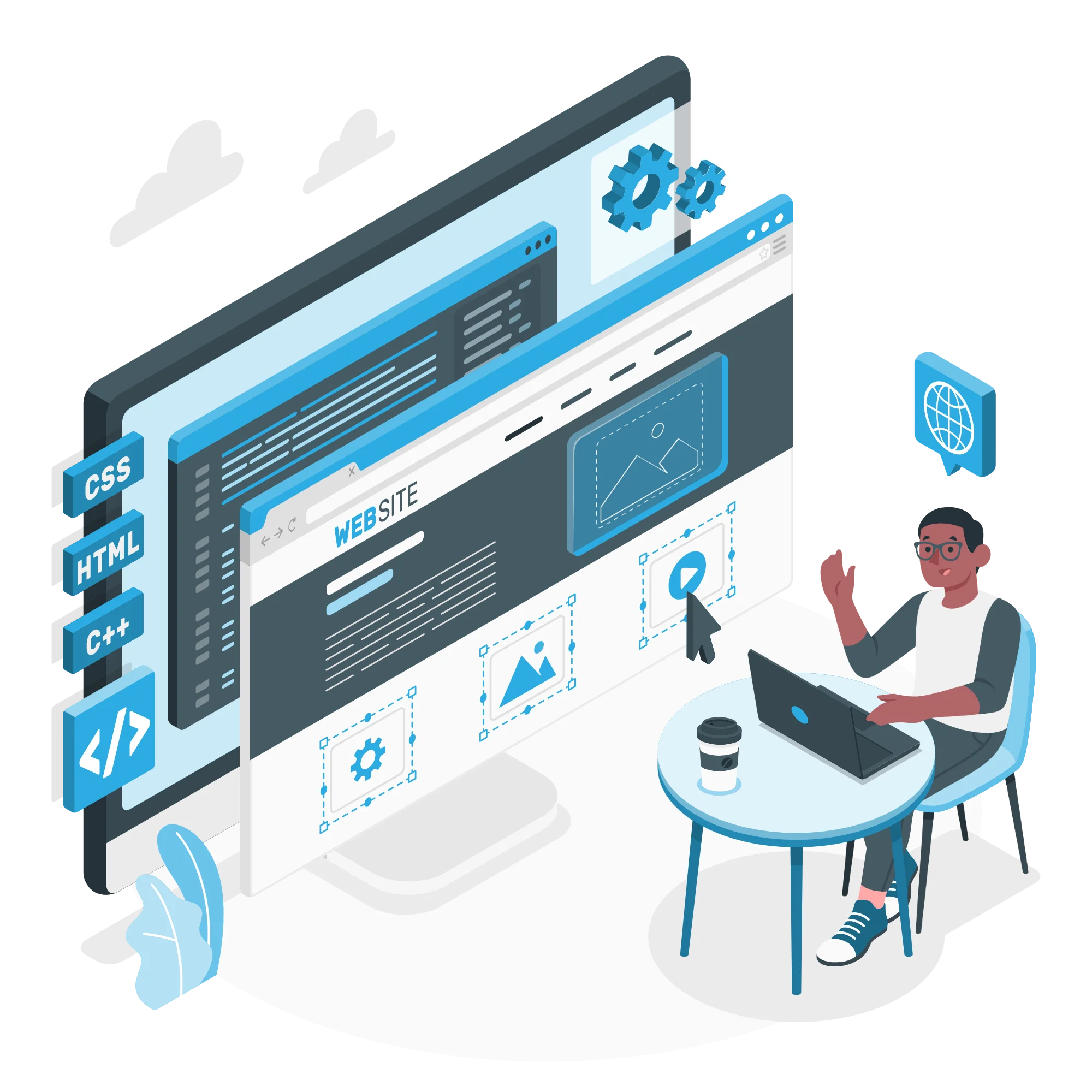
Remove Render-Blocking JavaScript
File compression is important for keeping your CSS, HTML, and JavaScript files at a reasonable size. You should however, refrain from compressing images in software like Gzip. Instead, opt for programs like photoshop where you can compress images whilst maintaining quality.
Leverage Browser Caching
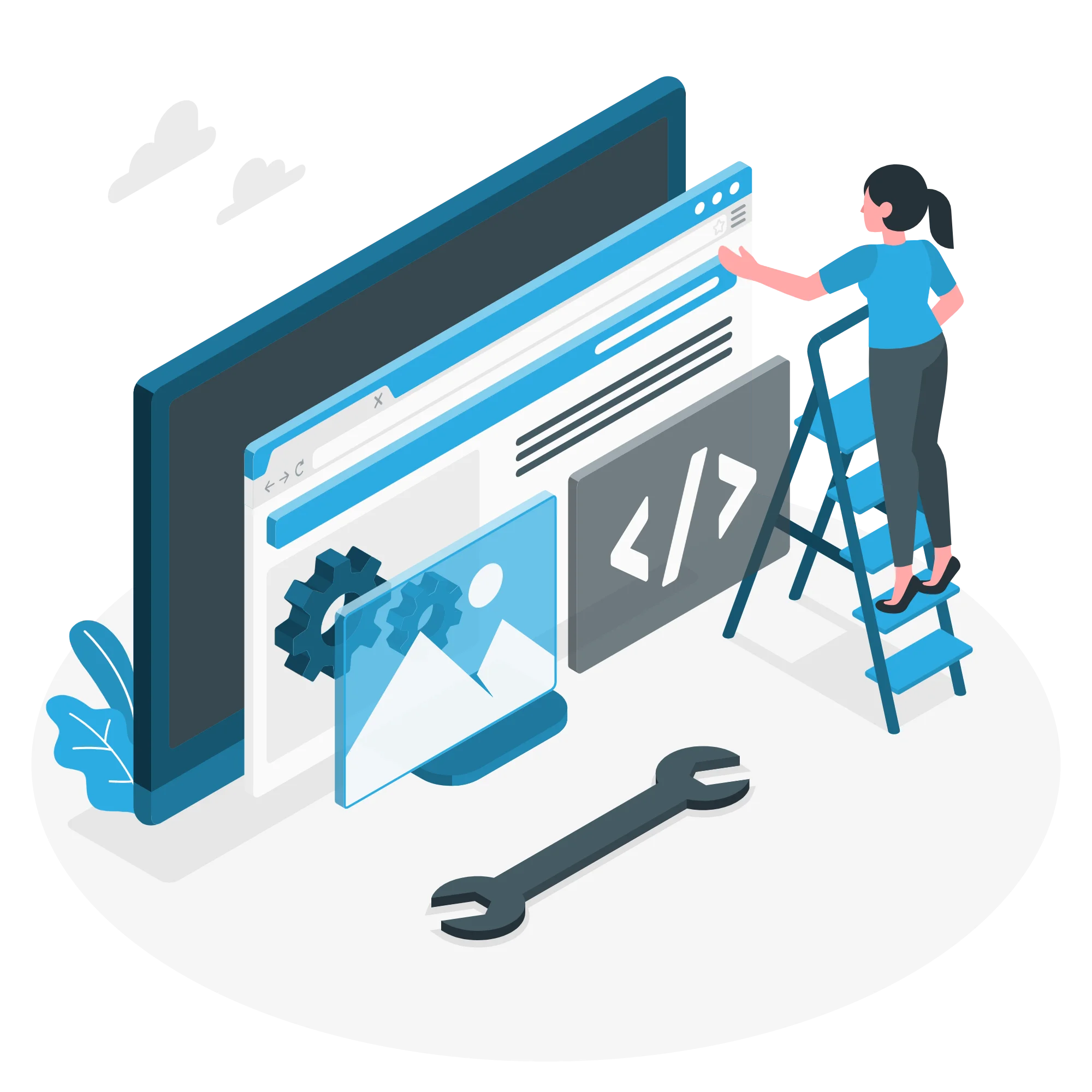

Use Content Distribution Networks
CND’s are networks of servers that are used to distribute a load of content. Essentially, there will be clones of your website stored all over the world in geographically diverse data centres, which will then maintain reliable access to your website no matter the location.
Bolster Server Response Times
You should aim for under 200ms for the optimal server response.
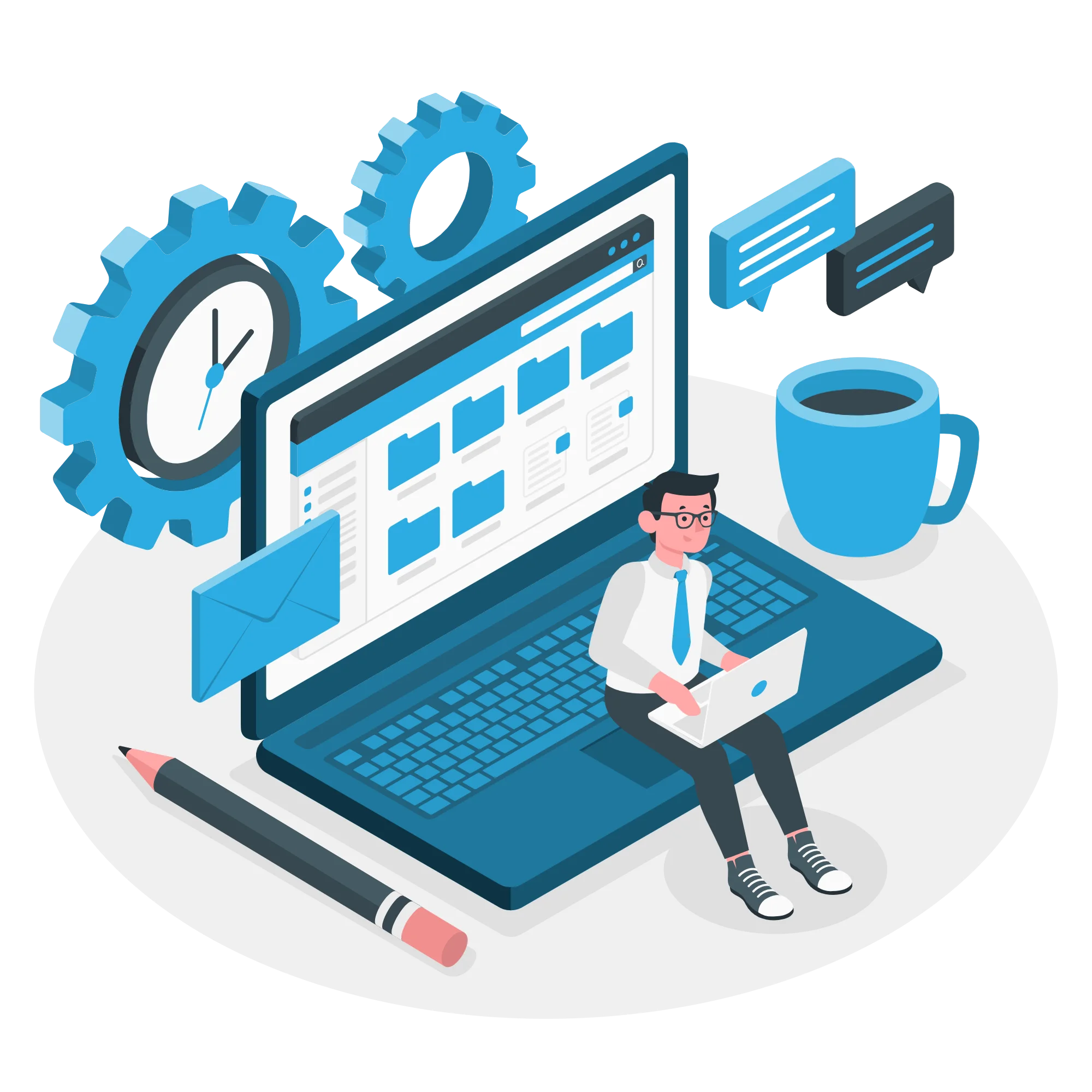
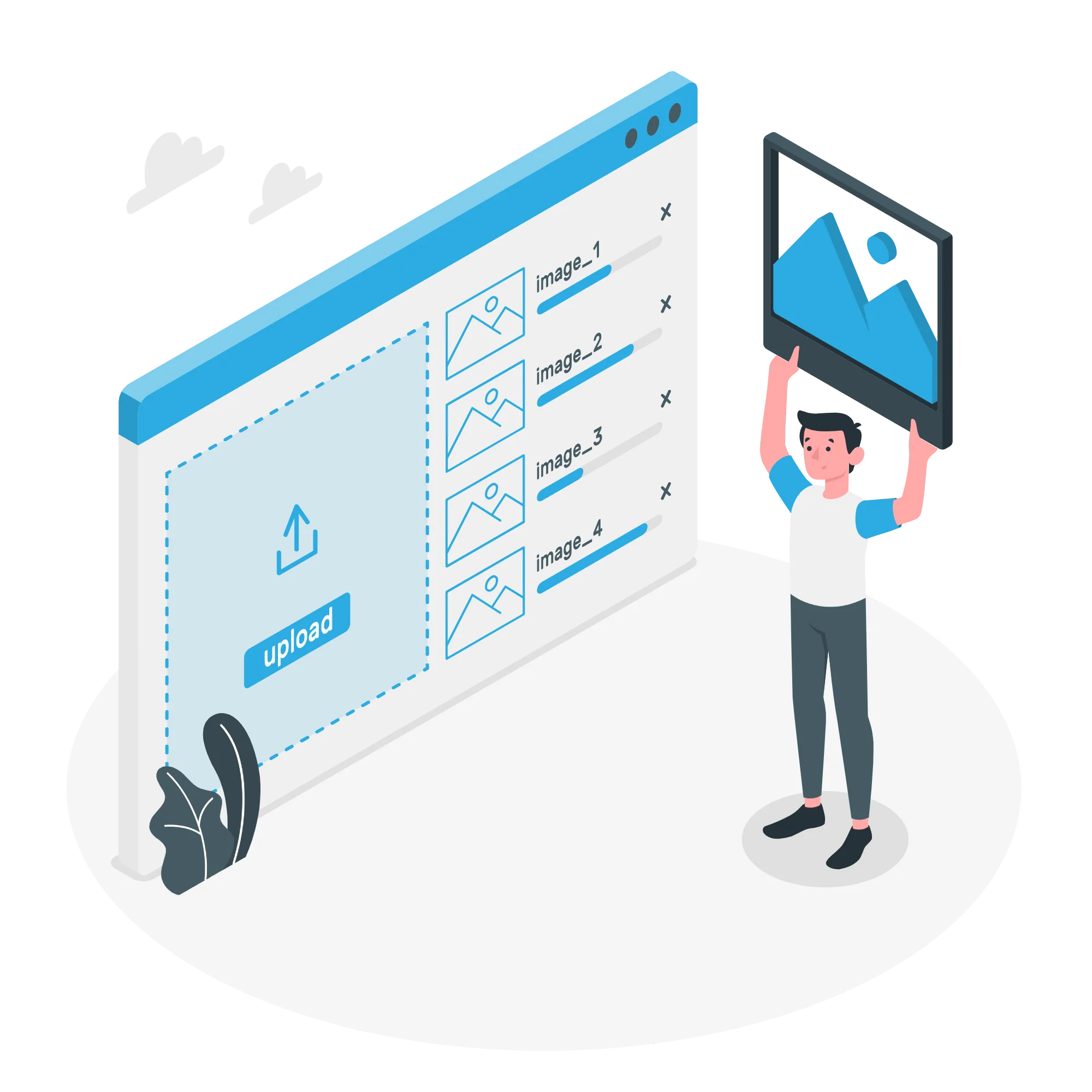
Properly Optimise Your Images
Conclusion - Does Page Speed Matter?
Yes! It absolutely does. And you should do everything that you can to ensure that your website runs as smooth as clockwork. Not only will page speed positively improve your SEO if rectified, but it will also boost your conversion rates and the overall user experience. You owe it to your customers to have an attractive and well-optimised website which doesn’t take forever to load.
If you are feeling a little lost in all of the information (which is understandable), we will gladly guide you through the motions. Here at TBS Marketing, we take great pride in offering a wide range of SEO and web-related services for our valued clients. We can assess your website, and subsequently implement the appropriate changes in order for you to get the most out of it.
today!
